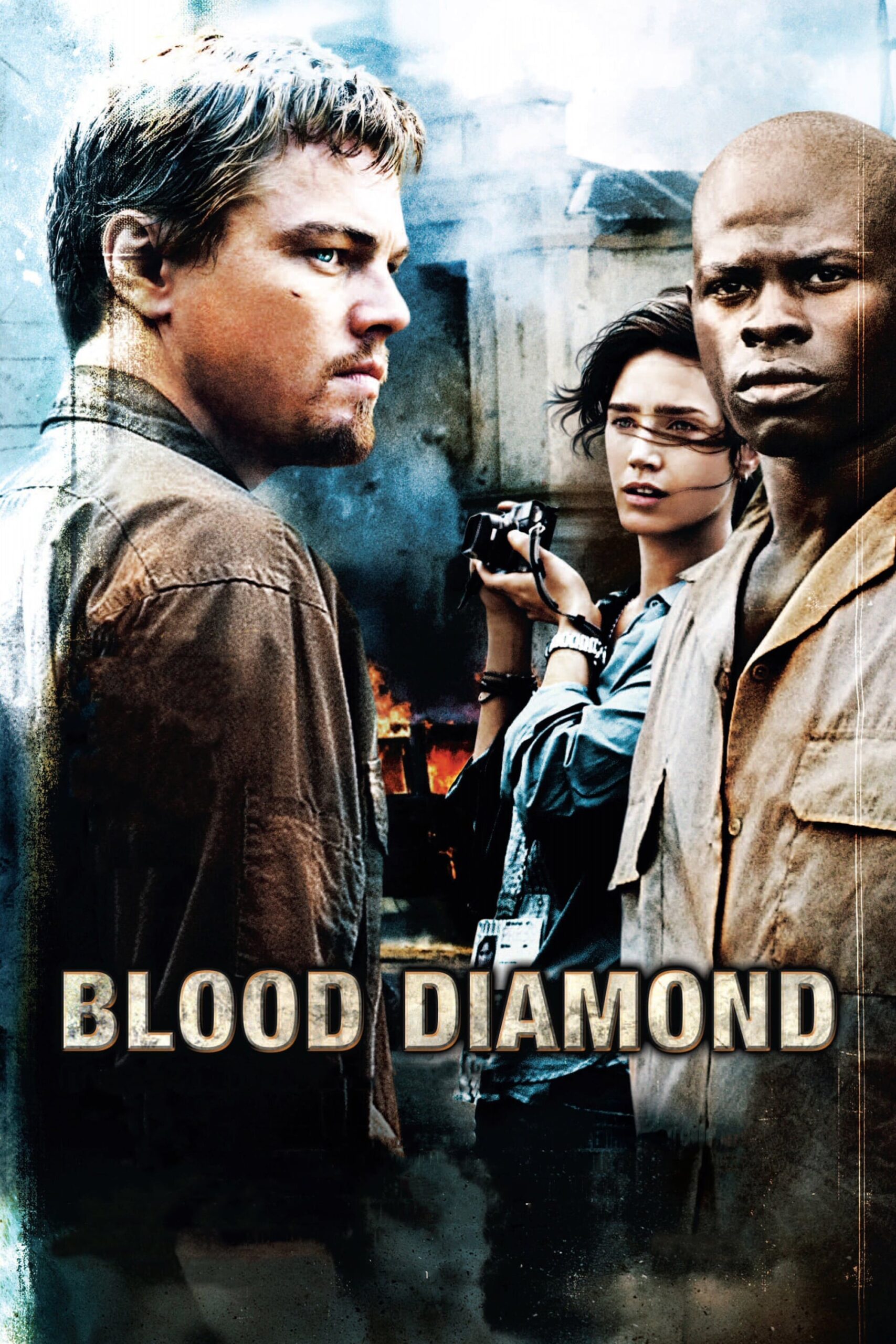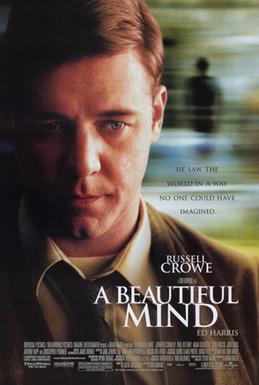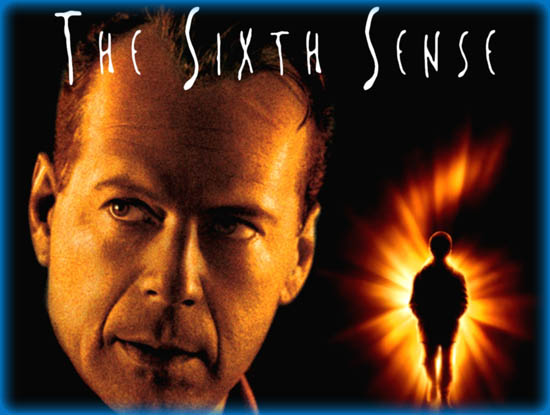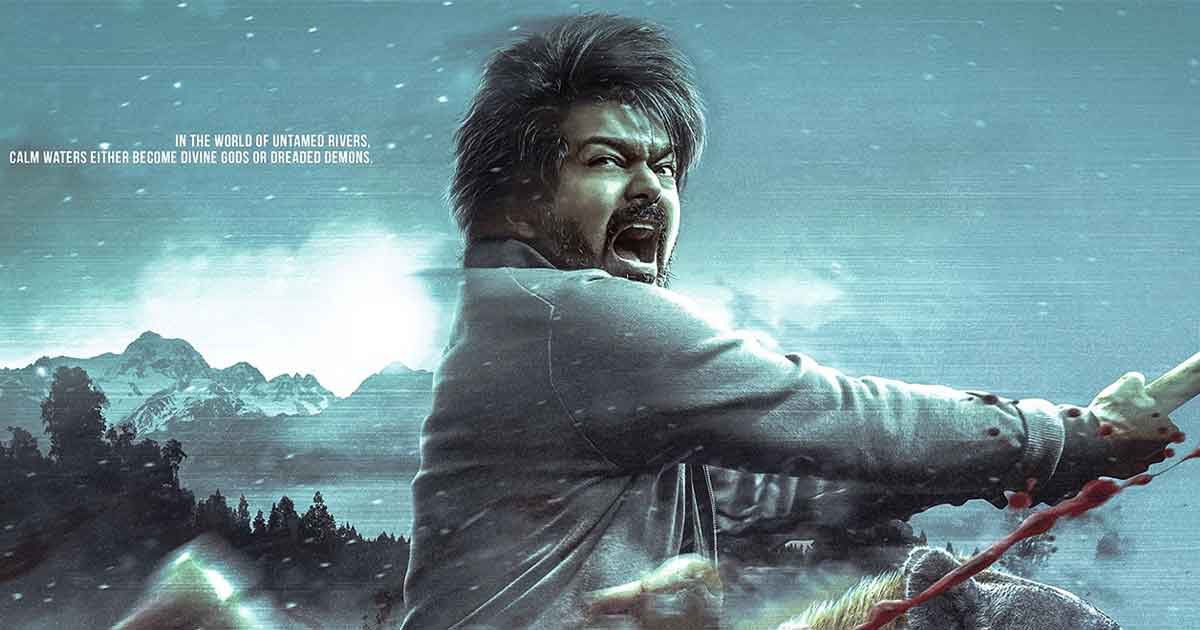- Top 10 Cult Classics That Have Achieved Legendary Status
- Top 10 Films Directed by Women Filmmakers
- Top 10 Films Exploring Social Issues and Activism
- Top 10 Superhero Movies of the 21st Century
- Top 10 Animated Films for All Ages
Cinema has always been a powerful medium for shedding light on social issues and inspiring activism. The best films not only entertain but also challenge, educate, and provoke viewers to think critically about the world we live in. In this list of the “Top 10 Films Exploring Social Issues and Activism,” we will explore a range of films that have tackled important social, political, and cultural themes. These movies are not just a reflection of our times but a catalyst for change and awareness. They have the power to spark discussions, promote empathy, and inspire action.
1. “12 Years a Slave” (2013)
Steve McQueen’s “12 Years a Slave” is a harrowing and unflinching portrayal of the life of Solomon Northup (Chiwetel Ejiofor), a free African American who is abducted and sold into slavery. The film is a top choice because it unflinchingly confronts the brutality and dehumanization of slavery, forcing the audience to reckon with a dark chapter in American history. Its powerful performances, including Lupita Nyong’o’s Oscar-winning role, make it a vital work that sheds light on the enduring impact of slavery and racism.
2. “Selma” (2014)
Ava DuVernay’s “Selma” chronicles the historic civil rights marches from Selma to Montgomery led by Dr. Martin Luther King Jr. (David Oyelowo). The film is a top choice because it portrays a pivotal moment in the fight for racial equality and emphasizes the power of nonviolent protest. “Selma” serves as a reminder of the sacrifices made by activists and their dedication to achieving social change. It’s a powerful and timely exploration of racial injustice and the struggle for civil rights.
3. “Milk” (2008)
Gus Van Sant’s “Milk” tells the story of Harvey Milk (Sean Penn), the first openly gay elected official in California, and his fight for LGBTQ+ rights in the 1970s. The film is a top choice because it pays homage to the life and activism of a pioneering figure in the LGBTQ+ movement. Sean Penn’s performance and the film’s portrayal of the struggles faced by the LGBTQ+ community make “Milk” a compelling and inspiring exploration of social change and equality.
4. “The Help” (2011)
Tate Taylor’s “The Help,” based on Kathryn Stockett’s novel, is set in the racially segregated South of the 1960s and explores the relationships between black maids and white families. The film is a top choice because it sheds light on the struggles of African American domestic workers and their fight for basic rights and recognition. It serves as a reminder of the civil rights era’s complexities and the courage of individuals who stood up against systemic racism.
5. “The Social Network” (2010)
David Fincher’s “The Social Network” explores the rise of Facebook and the contentious origins of the social media giant. The film is a top choice because it delves into issues of privacy, ethics, and the impact of technology on society. It’s a reflection of the digital age and the social and personal consequences of creating a platform that connects millions. “The Social Network” challenges viewers to contemplate the unintended consequences of technological advancements and the power of social media.
6. “Erin Brockovich” (2000)
Steven Soderbergh’s “Erin Brockovich” is based on the true story of a legal assistant (Julia Roberts) who investigates and takes on a major corporation responsible for toxic contamination in a California town’s water supply. The film is a top choice because it highlights the importance of corporate accountability and the role of individuals in seeking justice. It’s a compelling story of activism, environmental justice, and the impact of grassroots efforts in addressing social issues.
7. “Hotel Rwanda” (2004)
Terry George’s “Hotel Rwanda” is a haunting account of the Rwandan genocide and the efforts of Paul Rusesabagina (Don Cheadle) to save lives in the midst of the horrific violence. The film is a top choice because it serves as a powerful reminder of the international community’s failure to intervene in the face of genocide. It underscores the importance of bearing witness and the moral obligation to prevent atrocities, making it a critical exploration of social responsibility and the consequences of inaction.
8. “Philadelphia” (1993)
Jonathan Demme’s “Philadelphia” stars Tom Hanks as Andrew Beckett, a lawyer who is unjustly fired due to his HIV status and subsequently sues his former firm for discrimination. The film is a top choice because it was one of the first mainstream Hollywood films to address the AIDS epidemic and LGBTQ+ rights. “Philadelphia” played a crucial role in raising awareness about HIV/AIDS and challenging societal prejudices. It’s a moving and poignant exploration of discrimination, tolerance, and the fight for equal rights.
9. “Whale Rider” (2002)
Niki Caro’s “Whale Rider” is a New Zealand film that tells the story of Paikea (Keisha Castle-Hughes), a young Maori girl who challenges her tribe’s traditional gender roles and strives to become the leader they need. The film is a top choice because it addresses issues of gender equality and cultural preservation within the Maori community. “Whale Rider” is a testament to the strength of tradition and the power of a determined individual to effect change.
10. “Blood Diamond” (2006)
Edward Zwick’s “Blood Diamond” is a political war thriller set in Sierra Leone during its civil war. The film stars Leonardo DiCaprio, Djimon Hounsou, and Jennifer Connelly and explores the issue of conflict diamonds. It is a top choice because it brings attention to the devastating impact of the diamond trade on African nations and the human rights abuses associated with it. “Blood Diamond” is a gripping exploration of ethics, the global trade in precious resources, and the responsibility of consumers.
In conclusion, these top 10 films are not just pieces of entertainment but vital tools for understanding and addressing social issues and activism. They shine a spotlight on injustice, discrimination, and the power of individuals to make a difference. These movies serve as a reminder that cinema can be a potent instrument for social change, enlightening audiences and inspiring them to take action and contribute to a more just and equitable world.



